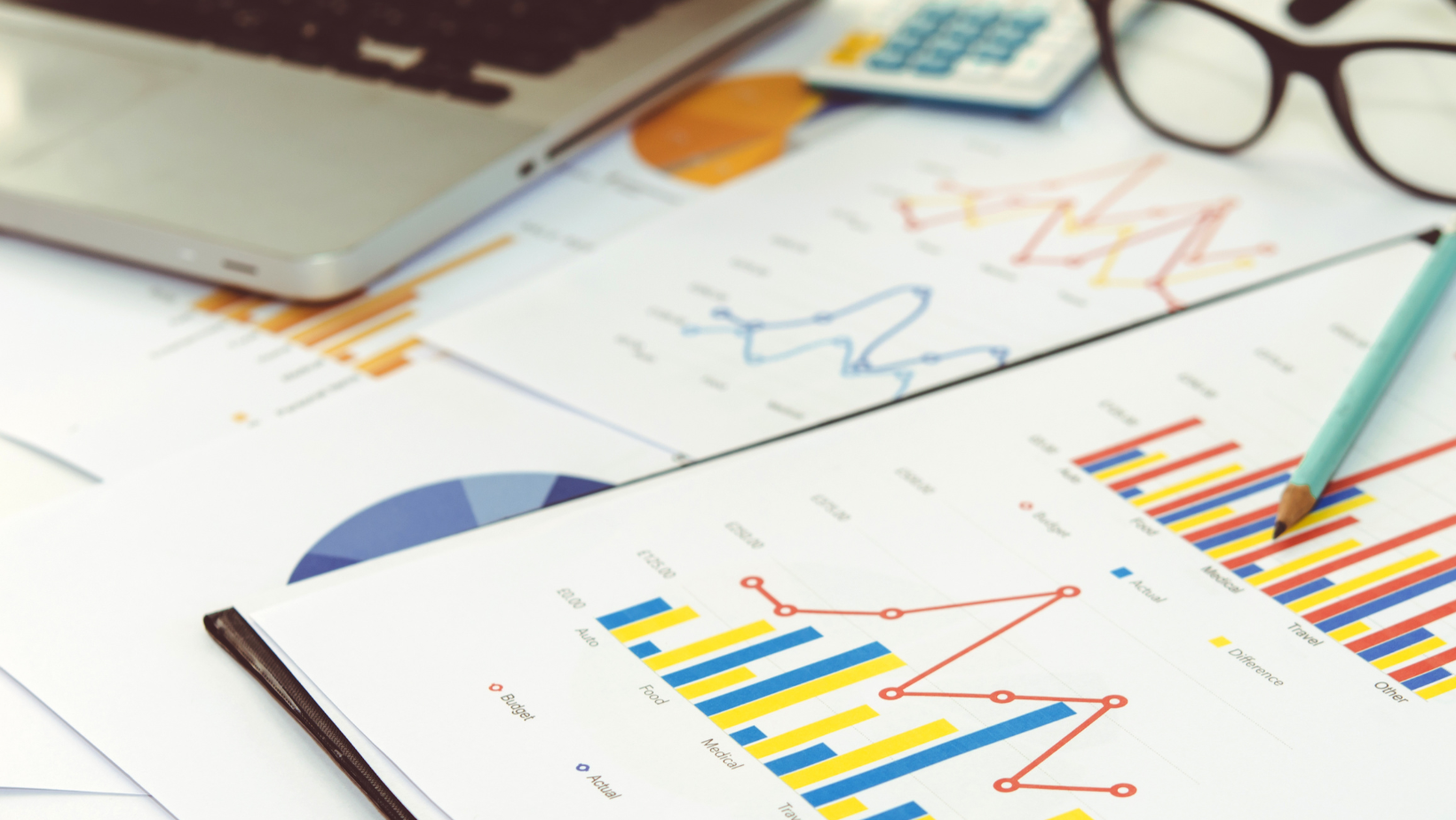
Auditing can become a tedious task that every firm needs to conduct to ascertain the financial records. With the introduction of auditing and accounting software, the usage of data analytics plays a significant role. By using it, you can evaluate and analyze the current position of your business in the competitive market.
How can Analytics be Helpful for Auditing?
As data analytics collects information from all the technological sources, it ensures high level accuracy. Moreover, it also reduces the chance of errors which can create issues in the auditing process. Therefore, it is crucial to maintain the integrity and reliability of your financial records.
If any sort of unusual pattern occurs, then it can indicate a fraudulent activity taking place. By examining the data through analytics, you can decrease the risk of financial misconduct which goes unnoticed.
Different analytics tools can create visual representations of data which can help auditors to understand complex financial information. Not only that, a clear view of the data will also let your clients interpret easily what is going on throughout the auditing process.
When you use analytics to discover errors that you can eliminate, it provides an opportunity to ensure compliance with regulations. These requirements and standards prove to be essential for maintaining the legality of financial reporting.
Rather than waiting for annual or periodic audits, you can detect real-time issues by viewing analytics. Furthermore, continuous monitoring will help track and resolve the problems quickly without any further damage.
Wrapping it Up
Modern auditing has made the usage of data analytics mandatory as it provides tons of benefits. It not only improves the accuracy of your firm but also helps auditors offer insights and recommendations to clients through data-driven analysis. Moreover, your company will be able to evaluate various perspectives and can plan for the future in a better way.